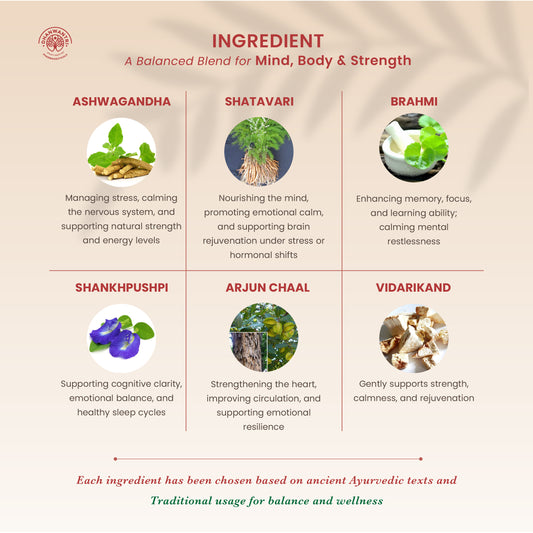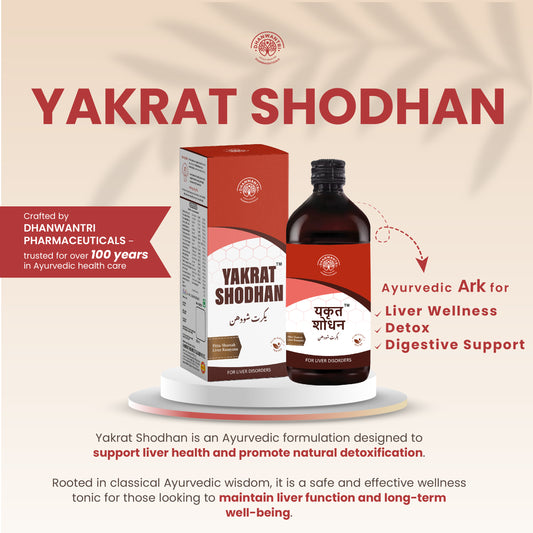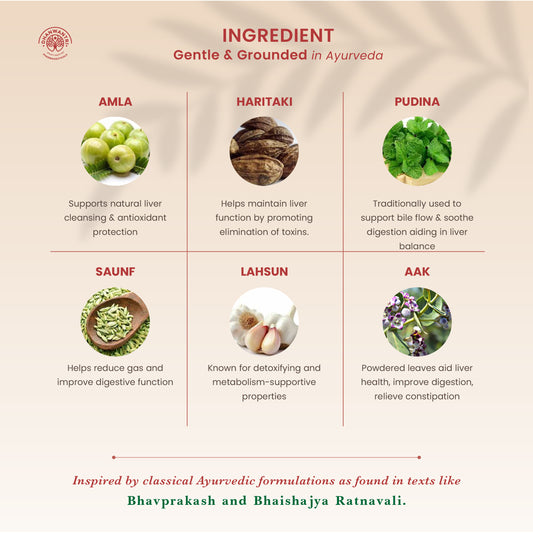How can inhibit the menopause.
In ancient times, menopause wasn't always well-documented or discussed openly as it is today. However, historical records and cultural practices show that various societies had their ways of acknowledging this phase in a woman's life. In some cultures, older women who had experienced menopause were respected for their wisdom and knowledge, playing important roles in their communities. Traditional medicine and herbal remedies were often used to alleviate menopausal symptoms. While the understanding and treatment of menopause varied across cultures, it was recognized as a natural part of a woman's life cycle.
What is Menopause?
Menopause is a natural stage in a woman's life when her menstrual periods stop permanently. It happens as a result of hormonal changes, particularly a decline in estrogen production by the ovaries. Typically occurring around the late 40s to early 50s, menopause is confirmed when a woman has gone without menstruation for 12 consecutive months. This transition marks the end of a woman's reproductive years.
How Menopause occurs?
Menopause occurs when a woman's menstrual periods stop permanently, typically around her late 40s to early 50s. It happens due to natural hormonal changes, particularly a decline in estrogen and progesterone production by the ovaries. This marks the end of a woman's reproductive years.
How long do Menopause?
Menopause itself is a point in time when a woman has not had a menstrual period for 12 consecutive months. However, the duration of menopausal symptoms can vary. On average, symptoms like hot flashes, mood swings, and vaginal dryness can persist for about four to five years after menopause. Yet, some women experience symptoms for a shorter or longer duration, and individual experiences can vary widely.
Types of Menopause
- Natural Menopause: This is the typical cessation of menstruation that occurs as a woman ages, usually between the late 40s and early 50s, resulting from natural hormonal changes.
- Premature Menopause: When menopause occurs before the age of 40, it's termed premature menopause. It can happen due to various factors such as genetics, autoimmune diseases, or certain medical treatments like chemotherapy.
- Surgical Menopause: This occurs if a woman's ovaries are surgically removed (oophorectomy) before the natural age of menopause. This sudden loss of ovarian function leads to immediate menopause symptoms.
Stages of Menopause :
- Perimenopause: This stage begins several years before menopause. Hormone levels start fluctuating, leading to irregular periods and various symptoms like hot flashes and mood changes.
- Menopause: Menopause is confirmed after 12 consecutive months without a menstrual period. Estrogen levels drop significantly, leading to the cessation of periods and the onset of typical menopausal symptoms.
- Postmenopause: This stage follows menopause and lasts for the rest of a woman's life. Symptoms like hot flashes might decrease, but health risks associated with low estrogen levels, such as osteoporosis and heart disease, become more prominent.
Causes of Menopause
- Natural Aging: As women age, their ovarian function gradually declines, leading to a decrease in hormone production and ultimately resulting in menopause.
- Genetics: Family history can play a role; if women in a family experience menopause at an earlier or later age, it might influence when an individual experiences it as well.
- Medical Procedures or Treatments: Surgical removal of the ovaries (oophorectomy) or certain medical treatments like radiation or chemotherapy can induce menopause earlier than the natural aging process.
- Autoimmune Disorders: Certain autoimmune conditions can impact ovarian function and lead to early menopause.
- Lifestyle Factors: Smoking and certain lifestyle habits might slightly accelerate the onset of menopause
Symptoms of Menopause
- Hot Flashes: Sudden and intense feelings of heat, often accompanied by sweating and flushing of the skin.
- Night Sweats: Similar to hot flashes but occurring during sleep, leading to intense sweating and disrupted sleep patterns.
- Irregular Periods: Before menstruation stops completely, periods may become irregular in frequency, duration, or flow.
- Mood Changes: Fluctuations in mood, including irritability, anxiety, or feelings of sadness.
- Vaginal Changes: Dryness, itching, or discomfort in the vaginal area due to decreased estrogen levels.
- Sleep Problems: Difficulty falling asleep or staying asleep, leading to insomnia or disrupted sleep patterns.
- Physical Changes: Changes in body shape, metabolism, and sometimes weight gain, particularly around the abdomen.
- Decreased Libido: Reduced interest in sexual activity due to hormonal changes.
- Memory Issues: Some women may experience memory lapses or difficulty concentrating during menopause.
To explore Nirogya Sundri Powder and its potential benefits further, you can visit the Tata 1mg platform for more information.
Dhanwantri Pharamceutical Introduce a Ayurvedic Medicine Nirogya Sundri Powder for Women's Internal Health.
Benefits of Nirogya Sundri Powder :
- When the daily routine gets disturbed, Sets the routine back for every girl and every woman
- Leucorrhoea, Menstrual irregularities, Dysmenorrhoea, Menopausal Disturbances, General weakness, Backache
- Beneficial in abnormal vaginal discharge & excessive menstruation
- Minimises the severity of uterine contractions
- Reduces pain and inflammation of pelvic origin
- Provides relief from premenstrual tension
- Choice therapy in menopausal disturbance.
Conclusion
Menopause is a natural phase that marks the end of menstrual cycles. It happens in a woman's late 40s to early 50s due to hormonal changes. Symptoms like hot flashes and mood swings occur but can be managed with treatments and lifestyle adjustments. While it can't be prevented, understanding and support make navigating this phase smoother.
FAQs
1.At what age does menopause typically occur?
Menopause typically occurs between the ages of 45 and 55, with the average age around 51 in most women. However, it can occur earlier or later for some individuals.
2.What are the signs that menopause is approaching?
Signs include irregular periods, hot flashes, night sweats, mood swings, vaginal dryness, and changes in sleep patterns. These symptoms can vary in intensity and duration.
3.How long does menopause last?
Menopause itself is the point where menstruation stops for 12 consecutive months. The transition leading up to menopause, known as perimenopause, can last several years. After menopause, symptoms may continue for an average of four to five years, but some women experience them for a shorter or longer duration.
4.Can menopause be prevented or delayed?
No, menopause is a natural process and cannot be prevented. While certain treatments can alleviate symptoms or delay menopause temporarily, the process itself cannot be stopped.
5.What are the risks and benefits of hormone replacement therapy (HRT)?
HRT can help manage menopausal symptoms like hot flashes and vaginal dryness. However, it also carries potential risks, including an increased risk of certain cancers, blood clots, and stroke. The decision to use HRT should be made after discussing the benefits and risks with a healthcare professional.
6.Are there natural remedies or lifestyle changes that can help manage menopause symptoms?
Yes, lifestyle changes like a balanced diet, regular exercise, stress management, and avoiding triggers like caffeine and alcohol can help manage symptoms. Some women also find relief through herbal supplements or alternative therapies, although their effectiveness varies.
7.Does menopause affect fertility?
Yes, as menopause marks the end of a woman's reproductive years, fertility declines and eventually ends after menopause. However, pregnancy is still possible during perimenopause, so contraception may still be necessary until menopause is confirmed.





